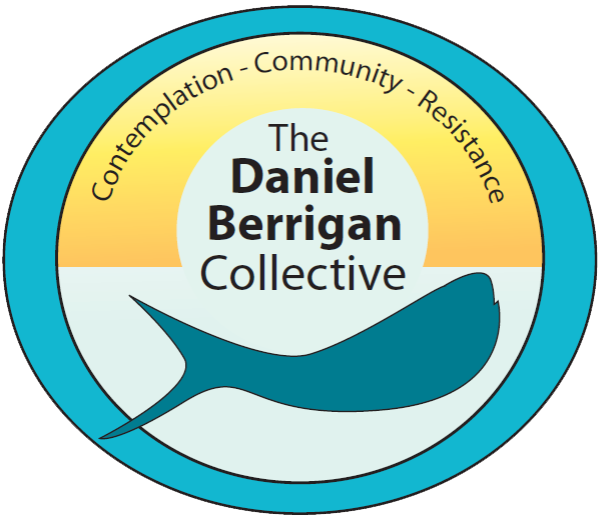The Falling of the Scales
Few depictions of spiritual awakenings match the chiaroscuro drama of The Conversion of Saint Paul, an early Baroque masterwork by Caravaggio. The blinded Pharisee, trampled underfoot by his rampant horse, lies nearly nude on the dirt path to Damascus and shields his eyes from a brilliant light. His vision restored after three days by the disciple Ananias, Saul of Tarsus commits himself to Christ and rejects his violent past. The New Testament narrative describes this metanoia: “Immediately, something like scales fell from Saul’s eyes, and he could see again. He got up and was baptized, and after taking some food, he regained his strength.” (Acts 9:18-19)
Christian transformation is rarely so theatrical. For most people, the falling of the scales from their eyes is a prolonged, often arduous process of upheaval, uncertainty and perhaps reluctant acceptance. In the late 19th century, the prolific Russian author Leo Tolstoy—a major moral influence on Mahatma Gandhi and Martin Luther King Jr.—suffered an anguished existential crisis that led to his belief in the divine presence. The American memoirist Anne Lamott described her own unexpected conversion experience not as a Kierkegaardian leap of faith, but as “a series of staggers from what seemed like one safe place to another.”
The scales began to fall from my eyes in late 2015 when, as a first-year Fordham student and freshly-minted volunteer at the nearby Jesuit retirement home, I met Daniel Berrigan, S.J. Nearly bald, startlingly thin, and wheelchair-bound due to a fall, this 94-year-old paragon of the nonviolent life appeared far removed from his radical heydays. Speaking had become a Herculean challenge, a great irony for a man often described (much to Dan’s dismay) as a modern prophet. But despite his deteriorating health he remained intellectually and spiritually engaged, attending Mass, hosting visitors and reading the daily New York Times. The last time I saw him, one month before his death in April 2016, I spent several minutes trying to help Dan to stand up, as per his repeated requests. This unsanctioned effort was inevitably thwarted by an attending nurse.
Our time together, while often marked by a contemplative silence, stirred within me a curious attraction to the history, theology and methods of nonviolence. And what strange circumstances: this teenaged conservative and John McCain supporter brought soul-to-soul with a Christian disarmed and unafraid. Only years later would I realize what a match we were, especially as a young gay Catholic.
As chaplain at Cornell University in the 1960s, he gladly sponsored the school’s first gay student group, despite the concerns of other faculty members. During the AIDS crisis in 1980s New York, Dan spent much time ministering to dying LGBTQ+ persons—most of them young men—who had faced vile rejections from their families and church communities. In his 1989 work Sorrow Built a Bridge, Dan writes of solidarity with a hospitalized AIDS patient called Ambrose. “Our fight was strangely the same, Ambrose’s and mine. He must fight to stay alive, or give it all up. And so, in a parallel way that would bear much pondering, must I.” Dan’s wholehearted embrace of the LGBTQ+ community was yet another act of radical love that presaged the modern, vital ministries of current advocates for marginalized people.
I fell off my horse slowly and unknowingly, and through near-obsessive investigation into Dan’s life and public faith, landed reborn on fertile ground where seeds of nonviolence sprout unspoiled. I like to say that I was baptized thrice: first by my father, a devout Catholic and ex-seminarian, using holy water from Lourdes; a second time by my local parish priest and thirdly through my initial encounter by Dan. “Will you give me back my sword?” he asked me. What a beautiful phrase to be haunted by.
